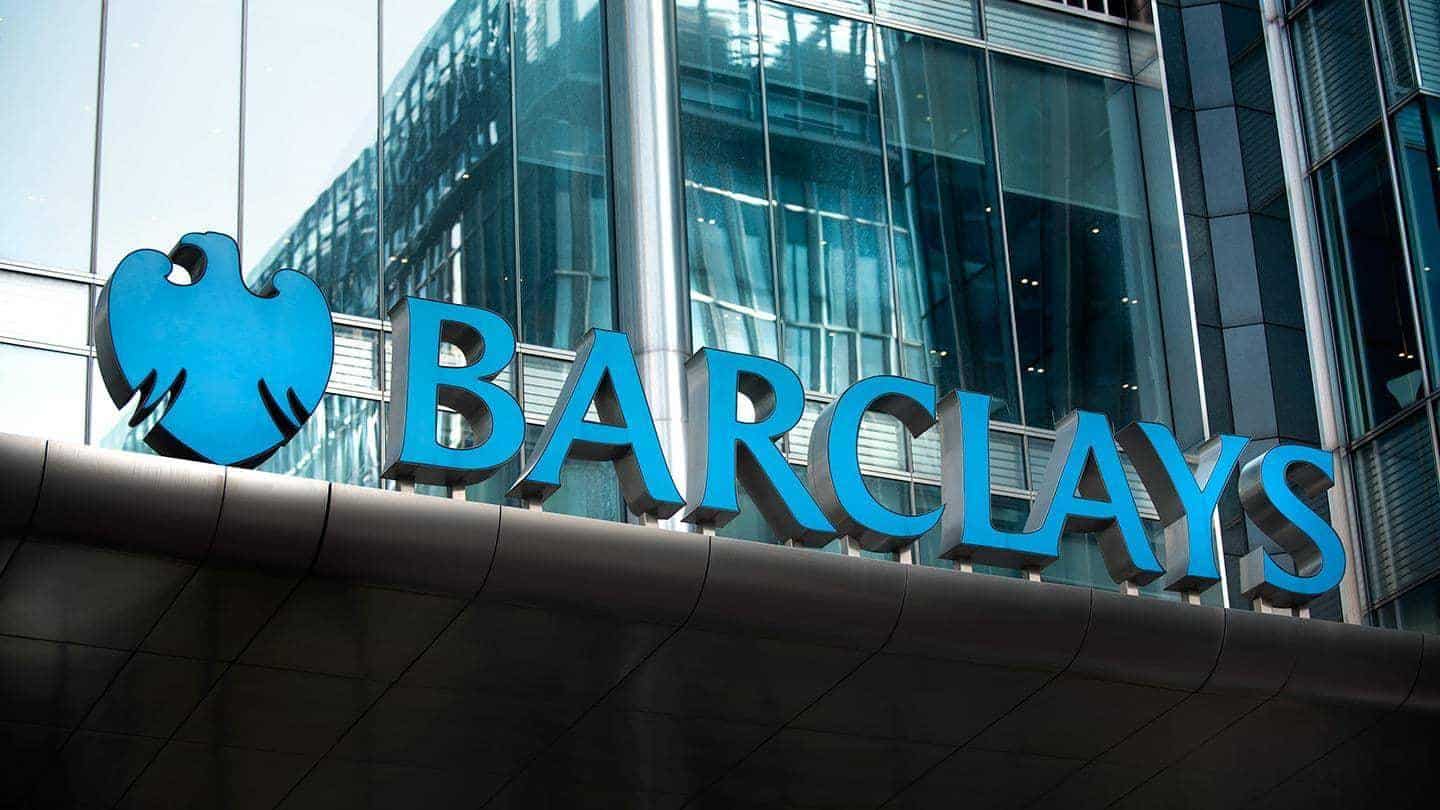London, United Kingdom — British bank Barclays said Friday it would stop directly financing its energy clients’ new oil and gas projects, but still ran into fierce criticism from campaigners who said the moves don’t far enough.
As part of its updated climate strategy, the bank added it would scale back lending for existing fossil fuel projects as the sector faces intense pressure from activist investors to help tackle climate change.
“Barclays today publishes a revised Climate Change Statement to progress its climate strategy and continues its focus on clients actively engaged in the energy transition,” it said in a statement.
There will be “no project finance, or other direct finance to energy clients, for upstream oil and gas expansion projects or related infrastructure”, the lender added.
Barclays will also impose “restrictions for new and non-diversified oil and gas clients engaged in expansion”.
Additional curbs will be introduced “on unconventional oil and gas, including… extra heavy oil”.
Barclays also expects “energy clients to produce transition plans or decarbonisation strategies” by 2025.
And it will require energy clients to commit to other targets, including the reduction of methane and carbon emissions from operations.
Reclaim Finance, a non-governmental organisation focussed on the sector, said Barclays’ plans fell far short.
“It is good to see that Barclays’ new policy includes some relevant elements, notably reducing methane leakage and the adoption of transition plans by 2025,” said Reclaim Finance director Lucie Pinson.
“But ultimately the British bank has once again failed to address the most urgent issue of halting oil and gas expansion. Barclays pretends to want to tackle this issue, but will continue to finance diversified companies in the oil and gas sector that are already customers.”
Barclays is Europe’s biggest financier of fossil fuels, according to data cited by Reclaim Finance.
Make My Money Matter, an organisation campaigning for ethical investments, also slammed Friday’s news.
“Barclays announcement is inadequate in scope and in ambition,” said Tony Burdon, chief executive of Make My Money Matter.
“While they finally caught up with other major European banks like Lloyds by ruling out direct project finance for fossil fuels, the reality is this covers just a fraction of their oil and gas lending.”
And Fossil Free London was also highly critical.
“Barclays is failing to show genuine leadership with this new energy policy,” said the NGO’s spokeswoman Joanna Warrington.
“This leaves the door wide open to continue financing billions to Shell, ExxonMobil, and TotalEnergies — those most aggressively developing new fossil fuels.”
The British lender’s move to curb financing of oil and gas projects follows similar announcements from European bank heavyweights BNP Paribas, Credit Agricole, HSBC, ING and Societe Generale.
Barclays had announced in March 2020 that it wanted to become a “net zero bank” by 2050.








